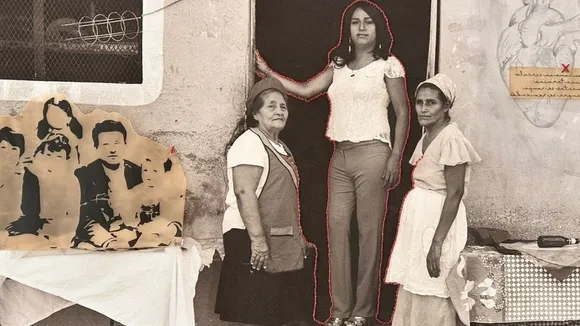

Tabasco state in Mexico faces pressing calls from Human Rights Watch and the Community Center for Inclusion to implement a straightforward administrative procedure for transgender individuals to amend their gender on official documents. This move aims to alleviate widespread socioeconomic challenges and discrimination encountered by the trans community due to discrepancies between their gender identity and the gender listed on their identity documents. Highlighting the urgency, a detailed 60-page report titled “‘I Just Want to Contribute to Society’: The Need for Legal Gender Recognition in Tabasco, Mexico,” was released, shedding light on the severe implications of the current oversight.
Discrimination and Socioeconomic Disadvantages
The absence of legal gender recognition in Tabasco significantly hinders transgender people’s access to employment, healthcare, education, and banking services. In 2023, interviews with 23 transgender individuals in various regions of Tabasco revealed a pattern of discrimination, particularly in the job market where discrepancies between one’s physical appearance and the gender on their identity documents led to unjust treatment. A notable account from a trans woman in Jalpa de Méndez encapsulates the frustration many feel, as she finds her psychology degree underutilized due to persistent identity verification hurdles at workplaces.
Healthcare and Educational Challenges
Transgender individuals in Tabasco not only face employment discrimination but also encounter significant barriers within healthcare facilities and educational institutions. Reports of hospital staff using trans individuals’ legal names instead of their chosen names, subjecting them to invasive questioning, and instances of outright mockery were common. Similarly, educational environments proved hostile for many trans students, with accounts of harassment and bullying from both peers and professors, leading to severe mental health repercussions for the affected individuals.
Legal Framework and International Standards
The need for legal gender recognition in Tabasco is underscored by international human rights laws and the landmark ruling by the Mexican Supreme Court in 2019, which mandates a privacy-respecting, simple, and efficient procedure for legal gender update based on self-identification. Despite this, Tabasco remains one of the few Mexican states yet to align its policies with these standards. The international community, including the Inter-American Court of Human Rights and the United Nations Human Rights Committee, champions the establishment of non-invasive legal gender recognition processes to safeguard the rights and dignity of transgender individuals.
The struggle for recognition and equality for transgender individuals in Tabasco is a poignant reminder of the ongoing challenges faced by the LGBT community in parts of Mexico. While the state has made strides towards inclusivity with the passage of marriage equality in 2022, the urgent need for legal gender recognition highlights the continued fight against discrimination and for the acknowledgment of transgender people’s contributions to society. As the world progresses, it is imperative that Tabasco and similar jurisdictions heed the call to uphold the rights and dignity of all individuals, regardless of gender identity.



